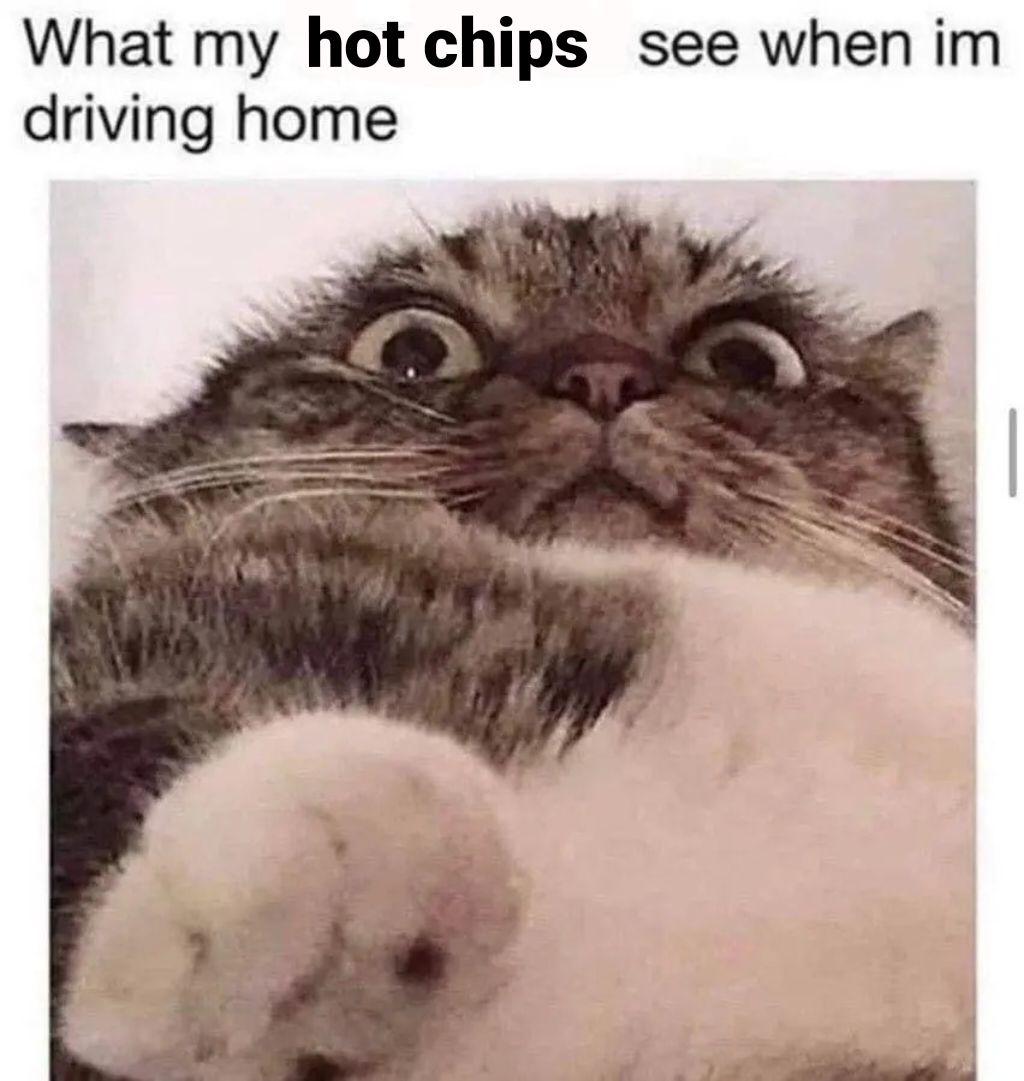There is no reason not to use Syncthing besides KDEConnect has features other than sharing files that might come in handy.
Syncthing is a much better tool for a hands-off approach once set up so sure, why not?
There is no reason not to use Syncthing besides KDEConnect has features other than sharing files that might come in handy.
Syncthing is a much better tool for a hands-off approach once set up so sure, why not?
The Windows version used to be shit. That’s no longer a problem. That’s about the only negative I remember. Otherwise you can have it doing a lot of work between devices or only sending when you feel like it. I force stop it on my phone and then invoke through share when needed.
I brought up Syncthing as it will function the same way, in a more hands off way (by choice if you want, automagically or forced) if you needed to share files/folders between devices. Not only for passwords.
Local file sharing:
I use KDEConnect on all my devices (Windows, Linux, GrapheneOS, Work Galaxy Tab) and it works just fine. Never needed to try anything else.
Syncthing as well for keepass files.


Consider a summary statement though. Not a big fan of a link with no text.


There was an article a few days back with microplastics working through “untouched by humans” layers of lake silt.
Stay positive, friend.


https://universal-blue.discourse.group/t/best-way-to-install-a-vpn-on-universal-blue/134
The OSTree layering option worked for me, well… I can get it to run once I turn off the ovpn I still have sitting in Fedora’s network settings. @j0rge@lemmy.ml’s comment I fumbled around with and I’ll wait to see if it updates.
Most of my time is spent in Linux Mint but if I ever have to reinstall, I’ll switch over to a ublue flavour.


Commenting from a laypersons’ perspective for new users, with my minor Linux experience and an inability to remember commands, don’t be frightened in giving it a go. If I can do it, anyone can. I run Fedora Kinoite on a second harddrive, use the BIOS Boot Menu to boot in, and then “rebased” to the UBlue Kinoite image using the provided commands once I read about it.
Almost everything is on Flatpak so I don’t even notice a difference with much. I had trouble layering the Mullvad VPN app (originally just using ovpn profiles) and I’m not sure I did it right in relation to updating but it seems to work.
Basically, I don’t understand much about it but it’s a completely usable operating system from my perspective.
Thanks for the write-up. It was helpful in increasing some knowledge.
Australian version:



Beaver. Always beaver.
Australia is mostly degraded, channelised shallow creeks and erosion problems. Bam, beaver does all the work for us.
Can beavers survive in the subtropics?


2 months of a La Nina Summer. Definitely not the hottest.
Edit: Downvoted for a factual statement of the weather in January/February of 2023 in Australia. Welcome to the new Lemmy.
It’s a mining company.
“You wouldn’t know her, she goes to another school”.


Austria? Well, then. G’day mate! Let’s put another shrimp on the barbie!


The study is open access.
Abstract:
Nano-/microplastics accumulate in aquatic bodies and raise increasing threats to ecosystems and human health. The limitation of existing water cleanup strategies, especially in the context of nano-/microplastics, primarily arises from their complexity (morphological, compositional, and dimensional). Here, highly efficient and bio-based flowthrough capturing materials (bioCap) are reported to remove a broad spectrum of nano-/microplastics from water: polyethylene terephthalate (anionic, irregular shape), polyethylene (net neutral, irregular shape), polystyrene (anionic and cationic, spherical shape), and other anionic and spherical shaped particles (polymethyl methacrylate, polypropylene, and polyvinyl chloride). Highly efficient bioCap systems that adsorb the ubiquitous particles released from beverage bags are demonstrated. As evidence of removal from drinking water, the in vivo biodistribution of nano-/microplastics is profiled, confirming a significant reduction of particle accumulation in main organs. The unique advantage of phenolic-mediated multi-molecular interactions is employed in sustainable, cost-effective, and facile strategies based on wood sawdust support for the removal of challenging nano-/microplastics pollutions.
Unless you pick an instance where the local feed is important to you. It can go either way.


The dream would be that I could sort them into a feedreader and select articles out but that won’t happen. Nor would I want a bot doing it either.
Unfortunately, no one else posts so for the meantime, I just have to keep going or let it die.


I made myself a thread of interests I add to over time:
Do I look like I know what a jpg is?
I think the JPG compression economy is having some issues also. This poor meme looks like it’s a generation old by the wrinkles all over it.
https://universal-blue.discourse.group/c/bazzite/5
Discussion forum for the readers.